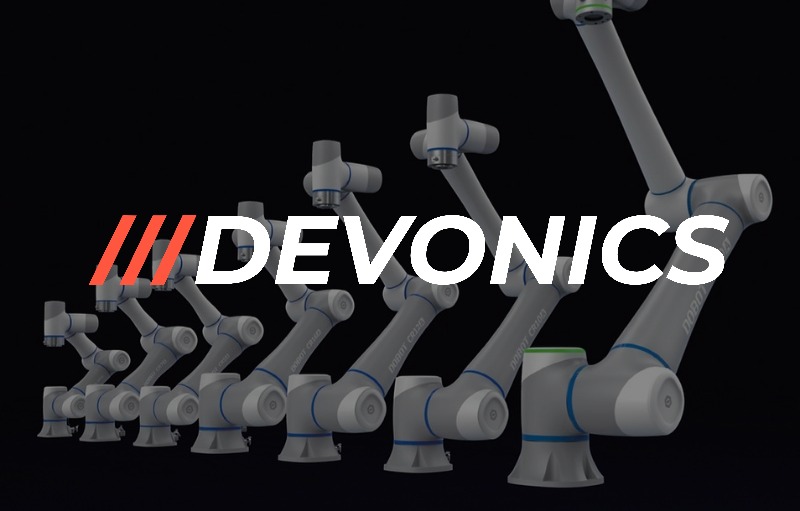Leveraging Machine Learning for Predictive Maintenance
In today’s fast-paced world, businesses are constantly looking for ways to stay ahead of the competition and ensure maximum efficiency in their operations. One key area where advancements in technology can make a significant impact is in the realm of predictive maintenance. By leveraging machine learning algorithms, companies can now predict when equipment is likely to fail and take proactive steps to prevent costly downtime.
One industry where predictive maintenance is becoming increasingly important is the manufacturing sector. With the rise of Industry 4.0 and the Internet of Things (IoT), machines are becoming more interconnected and capable of communicating with each other in real-time. This presents a huge opportunity for manufacturers to use machine learning algorithms to analyze data from sensors and predict when Custom machine parts are likely to fail.
By collecting and analyzing data from sensors on custom machine parts, manufacturers can build predictive models that take into account factors such as temperature, vibration, and usage patterns. These models can then be used to anticipate when a part is likely to fail and schedule maintenance before it happens. This not only helps prevent costly downtime but also allows manufacturers to plan maintenance activities more efficiently.
One of the key benefits of leveraging machine learning for predictive maintenance is the ability to tailor maintenance schedules to the specific needs of each machine. For example, a machine that is used heavily in a high-temperature environment may require more frequent maintenance than a machine that is used infrequently in a cooler environment. By analyzing data from sensors, machine learning algorithms can identify these differences and adjust maintenance schedules accordingly.
Another advantage of using machine learning for predictive maintenance is the ability to identify patterns and trends that may not be immediately obvious to human operators. By analyzing large amounts of data, machine learning algorithms can uncover hidden correlations and predict when a part is likely to fail based on subtle changes in sensor readings. This allows manufacturers to take proactive steps to prevent failures before they occur.
In conclusion, leveraging machine learning for predictive maintenance offers significant benefits for manufacturers looking to improve efficiency and reduce downtime. By analyzing data from sensors on custom machine parts, companies can build predictive models that anticipate when a part is likely to fail and schedule maintenance accordingly. This not only helps prevent costly downtime but also allows manufacturers to optimize maintenance schedules and plan more efficiently. As technology continues to advance, the use of machine learning for predictive maintenance is likely to become even more widespread in the manufacturing sector.
For more information visit:
Home | Devonics | Automation Solutions & Robotic Arms I Dobot Cobot
https://www.devonics.com/
(888) 993-9533
10637 Scripps Summit Court
Devonics is an automation solutions provider & distributor of cobots robotic arms & more. Visit us today to find custom solutions for your automation needs.
